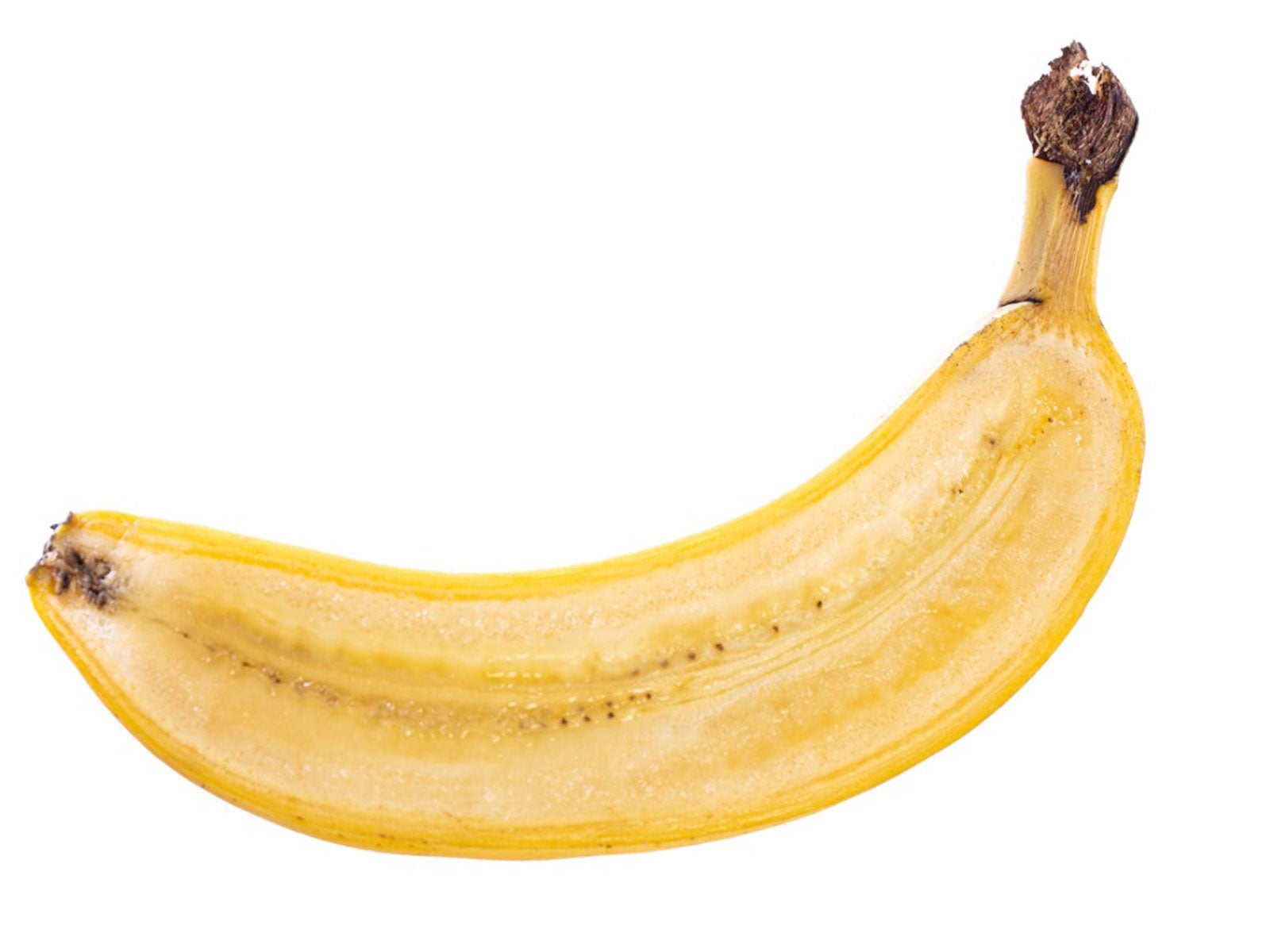
Commercially grown bananas that are cultivated specifically for consumption don’t have seeds. Over time, they have been modified to have three sets of genes instead of two (triploid) and produce no seeds. In nature, however, one encounters many banana types with seeds; in fact, some seeds are so large it is difficult to get to the pulp. That said, can you grow bananas from seed? Read on to find out about growing banana trees from seeds.
Can You Grow Bananas from Seed?
As mentioned above, the banana you are eating for breakfast has been genetically tinkered with to lack seeds and are usually Cavendish bananas. There are many other banana varieties out there and they do contain seeds. Cavendish bananas are propagated by pups or suckers, pieces of rhizome that form into miniature banana plants that can be severed from the parent and planted to become a separate plant. In the wild, bananas are propagated via seed. You, too, can grow seed grown bananas.
Propagating Banana Plants
If you want to grow seed grown bananas, be aware that the resulting fruit will not be like those you buy at the grocers. They will contain seeds and, depending upon the variety, might be so large that the fruit is difficult to get to. That said, from what I have read, many people say the flavor of wild bananas is superior to the grocery store version. To begin germinating the banana seeds, soak the seed in warm water for 24 to 48 hours to break the seed dormancy. This softens the seed coat, enabling the embryo to sprout more easily and rapidly. Prepare an outdoor bed in a sunny area or use a seed tray or other container and fill with potting soil enriched with plenty of organic compost in the amount of 60% sand or airy loam to 40% organic matter. Sow the banana seeds 1/4 inch (6 mm.) deep and backfill with compost. Water seeds until the soil is moist, not drenched, and maintain damp conditions while growing banana trees from seeds. When germinating banana seeds, even hardy bananas, keep the temperature at least 60 degrees F. (15 C.). Different varieties respond to temperature fluxes differently, however. Some do well with 19 hours of cool and 5 hours of warm temps. Using a heated propagator and turning it on during the day and off at night may be the easiest way to monitor temperature fluctuations. The time that a banana seed germinates, again, depends on the variety. Some germinate in two to three weeks while others may take two or more months, so be patient when propagating banana plants via seed.
Sign up for the Gardening Know How newsletter today and receive a free copy of our e-book "How to Grow Delicious Tomatoes".

Amy Grant has been gardening for 30 years and writing for 15. A professional chef and caterer, Amy's area of expertise is culinary gardening.
